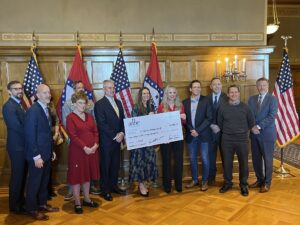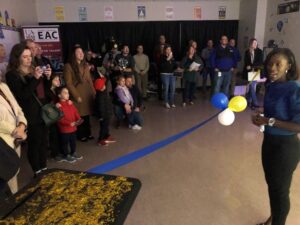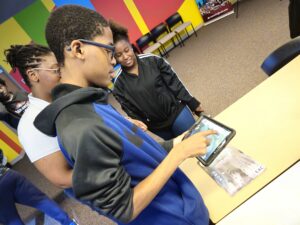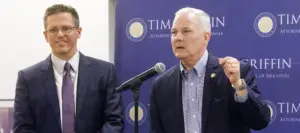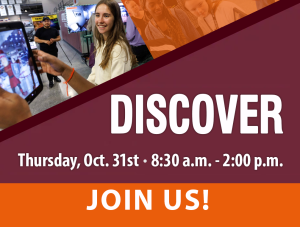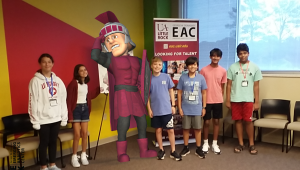August 28, 2019
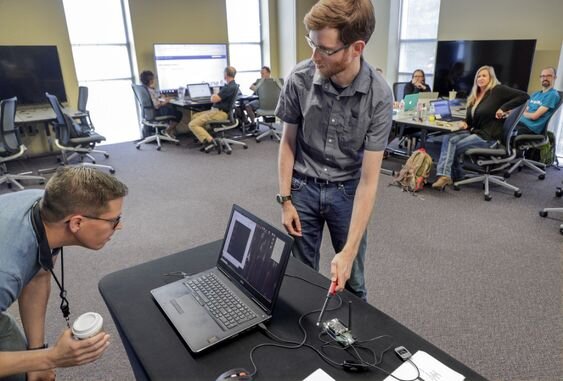
A University of Arkansas at Little Rock professor has received a $10,000 Google grant that will help provide free cloud-based cybersecurity labs for junior high and high school students in Arkansas.
Philip Huff, assistant professor of computer science and research associate with the Emerging Analytics Center, received $10,000 in Google Cloud Platform credits from Google’s education grants team. The credits will be used to host online cybersecurity labs in development at UA Little Rock.
Funded by a three-year $276,424 grant from the National Science Foundation, the UA Little Rock Emerging Analytics Center is developing a free open-source, cybersecurity curriculum for students in Arkansas with assistance from the Arkansas Department of Higher Education.
“Gov. Asa Hutchinson has expanded computer science education in Arkansas, and now the state wants to expand cybersecurity education as well. We want to play a central role in educating cybersecurity students and getting them ready for the workforce.”
The new curriculum is part of UA Little Rock’s effort to create a pipeline for students to fill cybersecurity positions in the workforce. Set to be launched later this fall, the curriculum will provide a variety of cybersecurity labs that teachers can provide to their students at no cost. The online lab environment, known as the Cyber Gym, will be placed on Google Cloud.
“The main benefit of the grant is that it enables us to run the Cyber Gym for middle and high school teachers for most of the 2019-20 school year,” Huff said. “With the $10,000, we have the ability to run 2,000 distinct classroom labs a month for six months. We are extremely grateful to Google for helping us provide these no-cost labs to students and their teachers.”

